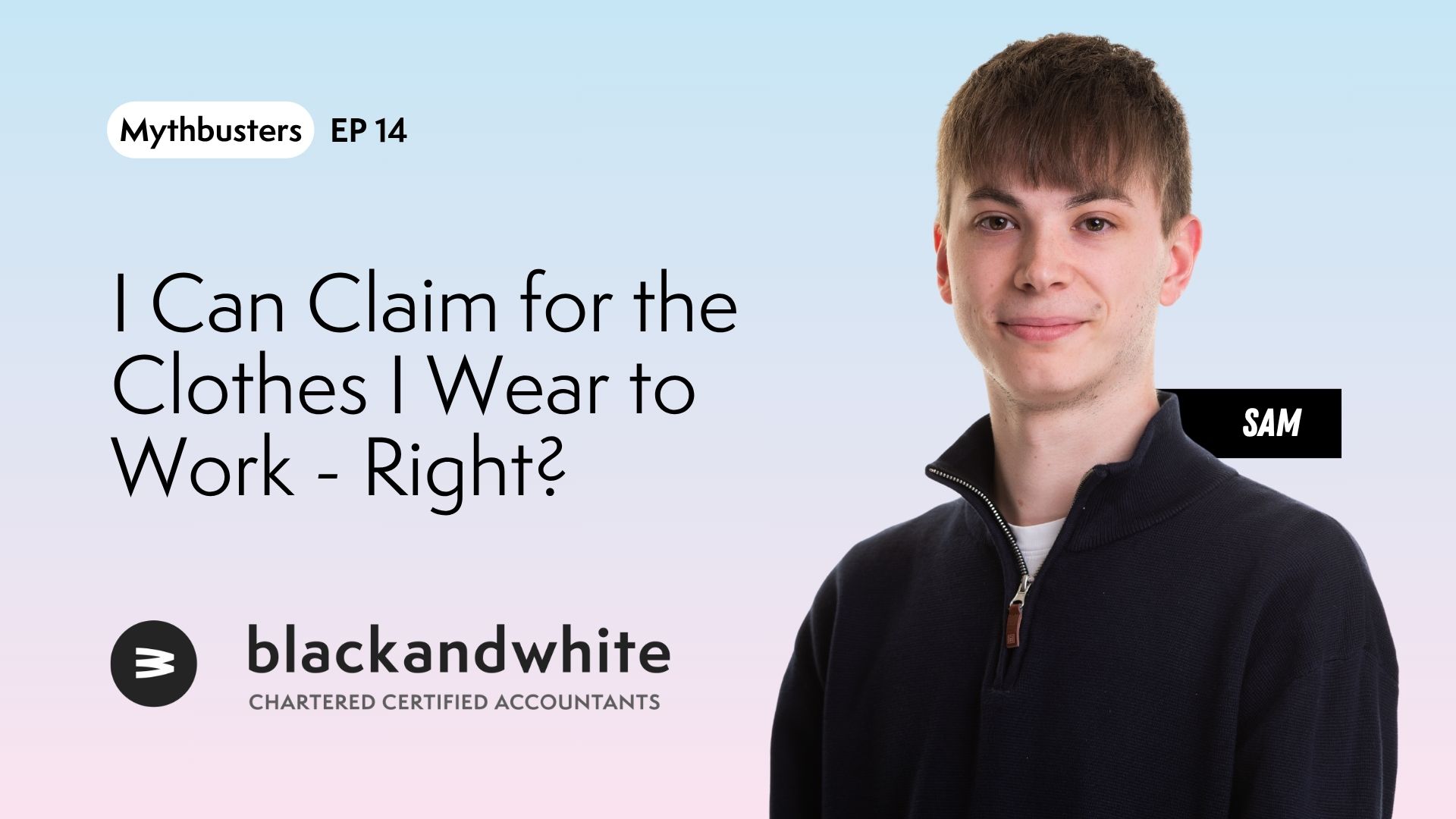At Black & White Accounting, we know that tax isn’t always black and white—especially when it comes to employment status and corporate tax liabilities. One of the biggest UK business tax cases in recent years involved Pimlico Plumbers, a battle that reshaped how companies classify their workers and, crucially, how much tax they owe.
This case highlights how misclassifying workers can lead to unexpected tax bills, legal battles, and financial headaches. Whether you run a business that relies on contractors or you’re a freelancer yourself, this ruling could affect you.
Let’s break down the case and why it matters.
The Issue: Self-Employed Contractors or Workers?
For years, Pimlico Plumbers engaged its tradespeople as self-employed contractors, meaning:
🔹 They weren’t entitled to holiday pay, sick pay, or other employee benefits.
🔹 They paid their own tax and National Insurance (NI), rather than Pimlico handling PAYE.
🔹 The company avoided employer NI contributions and other employment costs.
However, one ex-plumber, Gary Smith, challenged this classification. He argued that, despite being labelled as self-employed, he worked exclusively for Pimlico, wore their uniform, drove their branded vans, and had strict working conditions—making him more of an employee or “worker” under UK law.
HMRC and employment tribunals saw this as a clear case of false self-employment, which could have serious tax and employment law implications.
The Outcome: A Landmark Ruling
In a landmark Supreme Court ruling, Pimlico Plumbers lost their case. The courts ruled that Gary Smith was a worker, not a fully self-employed contractor, because:
✅ He was required to work personally—he couldn’t send a substitute.
✅ Pimlico exercised significant control over his schedule, uniform, and conduct.
✅ He was economically dependent on Pimlico rather than being a truly independent business.
What does this mean?
1️⃣ Employment Rights: Smith (and potentially others in similar roles) were entitled to employment benefits such as holiday pay and pension contributions.
2️⃣ PAYE & National Insurance: Pimlico could be liable for backdated employer National Insurance Contributions (NICs).
3️⃣ Corporation Tax & Business Models: Businesses relying on self-employed contractors may need to rethink their structure to avoid tax and employment law breaches.
This ruling set a powerful precedent, influencing gig economy cases (like Uber and Deliveroo) and putting businesses on notice that contractor models must be carefully managed.
Why Is This Interesting?
This case is a wake-up call for businesses relying on freelancers and contractors. If you engage workers in a similar way, you could face surprise tax bills, legal claims, or even penalties from HMRC.
The employment status vs self-employment debate is only getting tougher, especially with HMRC tightening IR35 rules and cracking down on companies using “false self-employment” to reduce tax bills.
For businesses, getting this wrong means:
🚨 Backdated PAYE and National Insurance demands.
🚨 Fines and penalties for incorrect tax treatment.
🚨 Legal disputes from contractors seeking employment rights.
For contractors, it raises questions like:
❓ Am I truly self-employed, or could I be classified as a worker?
❓ Am I paying too much tax under an incorrect classification?
This case proves that how you structure your workforce directly affects your tax liabilities—and one wrong move can be very costly.
Why You Need an Accountant Like Us
At Black & White Accounting, we help businesses and contractors get employment status and tax right the first time.
We assist with:
✅ Employment status reviews—ensuring your workforce is classified correctly.
✅ Corporation tax and PAYE planning—so you stay compliant while minimising tax exposure.
✅ IR35 and contractor agreements—helping businesses and freelancers navigate complex rules.
Whether you run a business that hires contractors or you’re self-employed yourself, we’ll make sure you don’t get caught out by shifting tax laws. 📞 Need expert tax advice? Let’s talk today.



